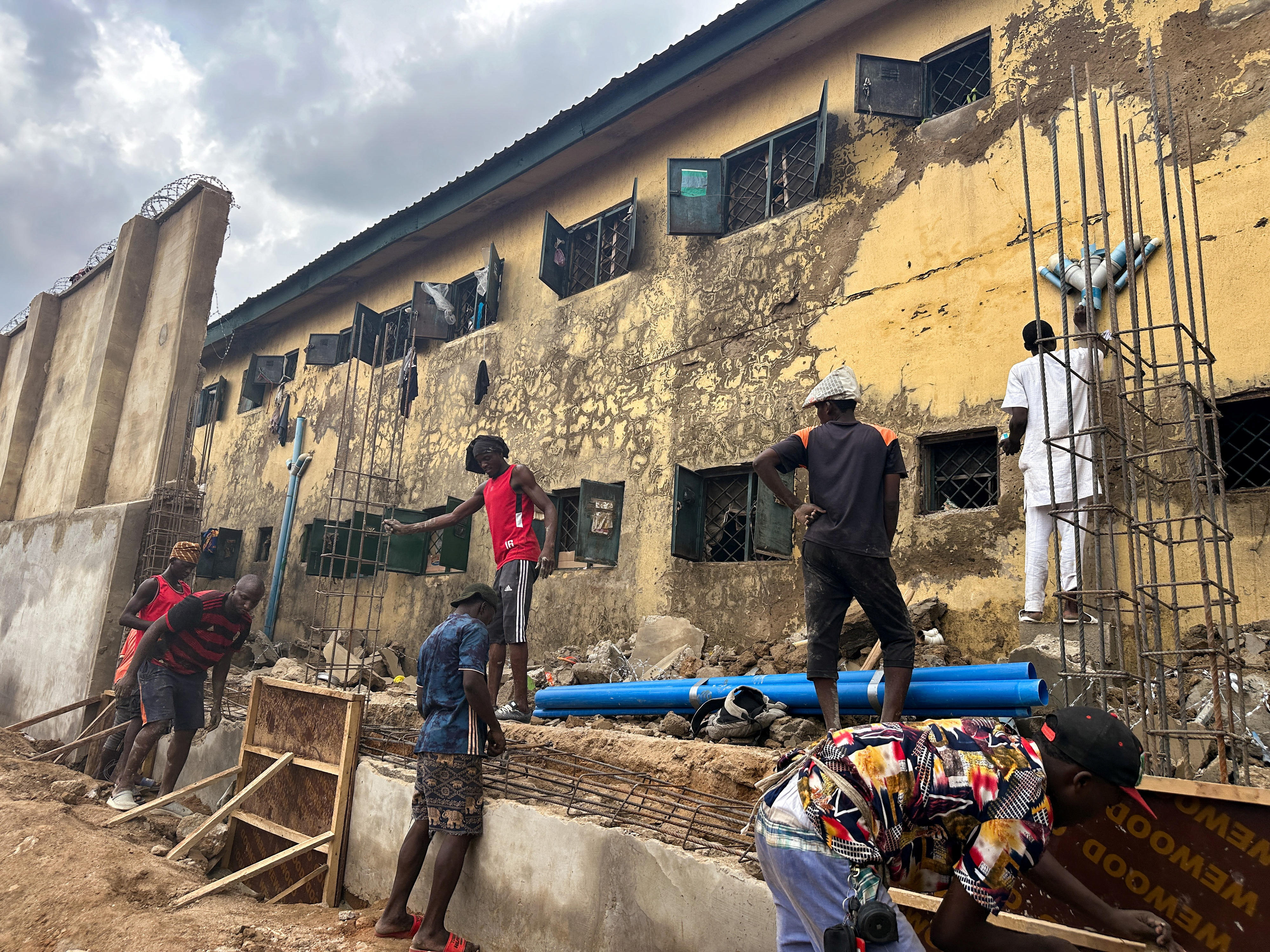Govt, UNHCR start refugee registration

Refugees receive food at Ayilo I Refugee Settlement Camp in Pakele Sub-county, Adjumani District, on June 8, 2020. PHOTO | FILE
What you need to know:
- Government says the exercise will ensure proper accountability and planning for service delivery.
Government of Uganda and the United Nations High Commission for Refugees (UNHCR) has embarked on a verification exercise of 1.5 million refugees and asylum seekers across 14 settlement camps.
The exercise that started at Oruchinga Refugee Settlement in Isingiro District last Thursday is expected to end in September 2022, and is aimed at ensuring proper planning and accountability on service delivery.
“We are aware of the changes that take place in refugee settlements, including refugee secondary movements to other countries, spontaneous departures back home, death and internal relocations from settlements. It’s, therefore, important that we periodically check how many refugees are still in the country for proper planning and accountability,” the State minister for Relief, Disaster Preparedness and Refugees, Ms Esther Anyakun, said while launching the exercise.
Ms Anyakun said the government agreed with different partners to carry out periodic verification of all refugees to stop the inflation of the numbers as was the case in 2018.
Ms Anyakun said the government will use the exercise to issue identity cards with advanced security features that will ensure refugee protection.
The country representative of UNHCR, Mr Joel Boutroue, said the exercise will attract more development partners to support refugees.
“Confirming refugee figures and individual profiling will not only help accountability, planning and credibility, but it will also be easy for development partners to leverage assistance on livelihood support,” Mr Boutroue said.
Cost of exercise
Mr Boutroue said the exercise will cost $7 million (approximately Shs25b).
Ms Anyakun emphasised Uganda’s continued support to protect all refugees from conflict prone countries.
“Uganda finds itself in the middle of a region that is turbulent and often engulfed with conflict. We will, therefore, continue with our policy and laws that accords refugees a wide range of human rights including freedom of movement within and outside the country, right to work and gainful employment, and access to services,” she said.
The acting commissioner for refugees in the Office of the Prime minister, Mr Douglas Asiimwe, said the verification is carried out after every two years, but noted that they could not make one last year because of Covid-19 restrictions.
Uganda has 14 refugee settlement camps with a population of 1,524,352. Bidibidi camp has the largest number of refugees. Of all the refugees in Uganda, South Sudan contributes the biggest number with 62 percent, DR Congo 29 percent, Burundi 3 percent, Somalia 3 percent, Rwanda 1 percent, and others 2 percent (Ethiopia, Eritrea, and Afghanistan).
Settlement camps no. of refugees
Bidibidi 240,062
Adjumani 233,919
Nakivale 145,206
Rhino 128,492
Kyaka II 126,833
Palorinya 126,307
Kyangwali 133,288
Kampala 95,371
Rwamwanja 78,760
Kiryandongo 72,833
Ivempi 70,615
Palabek 58,542
Lobule 5,779
Oruchinga 8,345




